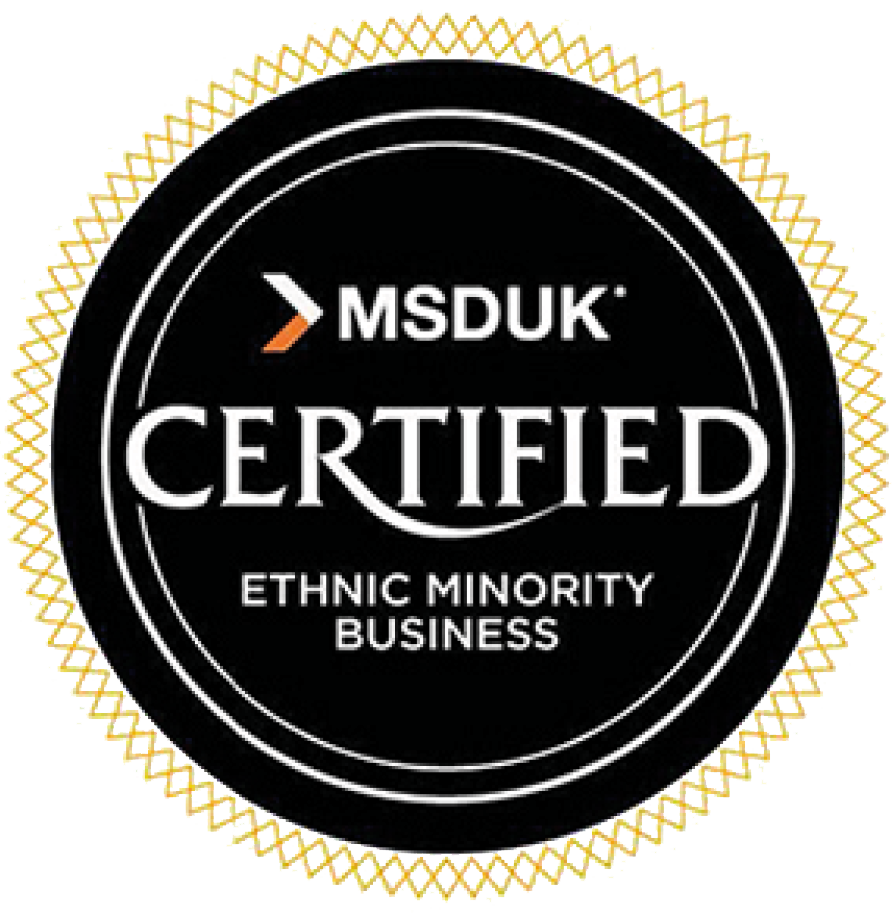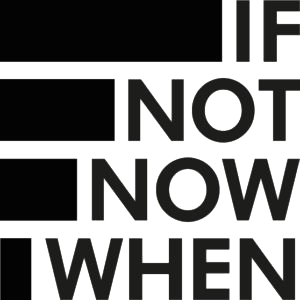In this piece, INvolve’s Managing Director Alexandra Evreinoff discusses the current DEI state of play.
As we move closer towards the end of the year and start preparing budgets, ambitions and goals for 2024, it’s worth taking a look at some of the current trends within DEI and the impact these might have on inclusion goals overall.
With a focus on scaling back spending but no decrease in the need for strong DEI strategies, we’re exploring the current DEI state of play across global organizations.
Keep reading for some of Alexandra’s key observations.
Tightening DEI Budgets
With companies tightening their budgets due to a slower economy, businesses run the risk of DEI falling by the wayside if it’s not upheld as a priority. Global firms should know through recent experience, that not having a strong DEI strategy and people-centered infrastructure can detrimentally affect a business in the long-term. We saw how diverse employees disproportionately struggled in the workplace over the pandemic, something that could have been avoided if organizations had the systems in place to adequately support their employees to begin with. While we couldn’t have pre-planned for something like a global pandemic, those businesses that had already started doing the work around inclusion were better placed to support their employees’ engagement, mental health and well-being.
With the case to keep DEI a priority compounded within a challenging market, we’re seeing companies increasingly focus on incremental, though still important, changes that they can make within their organization. By opting for a smaller variety of interventions, organizations are still able to drive some change across key areas of the business. While sizeable investment is ultimately needed to drive change at the rate required, smaller projects are still a fantastic way to ensure that DEI remains a business priority. A brilliant example is the work we did with one of our hospitality clients over the pandemic, as they quickly realized the need to focus on driving systemic change, even if that meant embedding initiatives at a slower, smaller and steadier pace.
The phrase ‘systemic change’ itself became synonymous with DEI over the summer of 2020, with organizations recognizing the need to invest and double down on their promises to drive tangible change. The urgency to effect systemic change remains just as critical during slower economic times, and businesses should not be putting their interventions on hold.
The rise of Anti-Wokeism
We are seeing an increase in harmful rhetoric and the number of influential figures attempting to discredit DEI initiatives and work for systemic change as ‘anti-woke’, and this sets the worrying precedent that change may stall. Whether it’s those who don’t believe Black communities still face barriers to progression or vitriolic transphobic attitudes, DEI is facing critics on a wider scale than ever before. Unfortunately, this has meant some business leaders and organizations have become quieter and have pulled the plug on initiatives and promises that are still urgently needed.
However, businesses need to recognize their power in turning the tide towards fairness and equality. With the power and privilege businesses have as a collective, the change created within our workplaces translates to a more empowered population in society capable of ensuring that same fairness and equality is extended to all.
INvolve recently held a roundtable discussion with Principia and Interbrand on the Ethics Study which looked at creating ethical businesses and some of the challenges leaders face. Broadly, the study and resulting discussions found that businesses shouldn’t take their foot of the pedal when advocating for important issues, and employees are increasingly expecting their employers to be vocal and strong on societal issues. As Millennial and Gen Z populations begin to move up and into the upper echelons of businesses, the need for being responsible, vocal and ultimately more equal is becoming a business imperative.
Circling back to the business strategy
Has the business case for diversity been well-established?
Perhaps not. While DEI is always the right thing to do, getting sign off on budgets as well as the buy in of senior leaders who are required to assess opportunities based on data and results-driven initiatives, it can be important to get work off the ground.
We know as a fact that DEI is good for business. A quick cheat sheet of statistics include:
- Businesses identified as more diverse and inclusive are 35$ more likely to outperform competitors. (McKinsey.)
- Diverse companies are 70% more likely to capture new markets. (Harvard Business Review.)
- Diverse teams 87% better at making decisions. (People Management)
- Diverse management teams lead to 19% higher revenue (BCG.)
Statistics are hard to ignore, and for leaders who don’t buy into DEI as a concept because they can’t locate their personal gain within the interventions or ambitions, the business case establishes DEI as a need that benefits everyone. Inclusion after all is for everyone.
With an increasing focus on trimming business expenses and ensuring that leaders are producing the most results with the least investment, DEI runs the risk of becoming a side-thought or something that’s engaged when there’s a little money left over. However, as we’ve learnt time and time again, without a strong DEI strategy a business is not future-proof, both in the face of future challenging times and also in terms of attracting the best talent and remaining relevant and strong players in the market.
To learn more about how INvolve can enable your organization to make sustainable and tangible changes contact us here.




